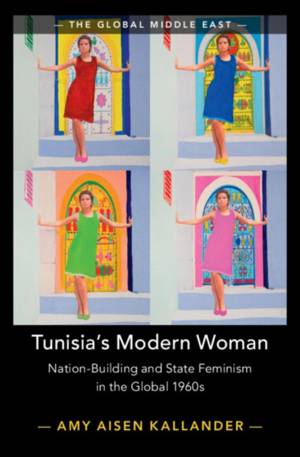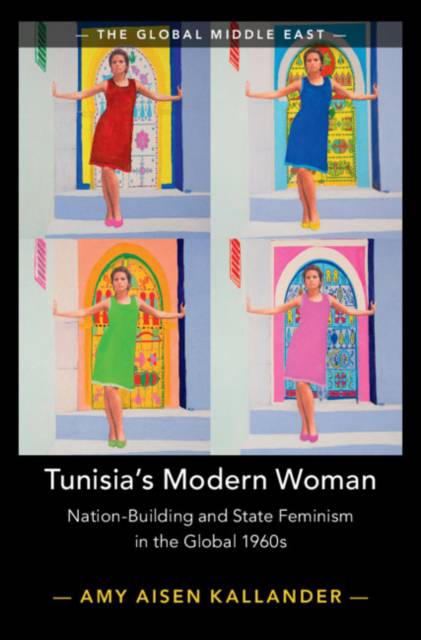
- Afhalen na 1 uur in een winkel met voorraad
- Gratis thuislevering in België vanaf € 30
- Ruim aanbod met 7 miljoen producten
- Afhalen na 1 uur in een winkel met voorraad
- Gratis thuislevering in België vanaf € 30
- Ruim aanbod met 7 miljoen producten
Zoeken
€ 152,95
+ 305 punten
Uitvoering
Omschrijving
Claims over women's liberation vocalized by Tunisia's first president, Habib Bourguiba began with legal reforms related to family law in 1956. In this book, Amy Aisen Kallander uses this political appropriation of women's rights to look at the importance of women to post-colonial state-building projects in Tunisia and how this relates to other state-feminist projects across the Middle East and during the Cold War. Here we see how the notion of modern womanhood was central to a range of issues from economic development (via family planning) to intellectual life and the growth of Tunisian academia. Looking at political discourse, the women's press, fashion, and ideas about love, the book traces how this concept was reformulated by women through transnational feminist organizing and in the press in ways that proposed alternatives to the dominant constructions of state feminism.
Specificaties
Betrokkenen
- Auteur(s):
- Uitgeverij:
Inhoud
- Aantal bladzijden:
- 298
- Taal:
- Engels
- Reeks:
- Reeksnummer:
- nr. 17
Eigenschappen
- Productcode (EAN):
- 9781108845045
- Verschijningsdatum:
- 3/06/2021
- Uitvoering:
- Hardcover
- Formaat:
- Genaaid
- Afmetingen:
- 152 mm x 229 mm
- Gewicht:
- 566 g

Alleen bij Standaard Boekhandel
+ 305 punten op je klantenkaart van Standaard Boekhandel
Beoordelingen
We publiceren alleen reviews die voldoen aan de voorwaarden voor reviews. Bekijk onze voorwaarden voor reviews.







